
- Article
- Article
The birth of Britain's National Health Service
Starkly unequal access to healthcare gave rise to Nye Bevan’s creation of a truly national health service.
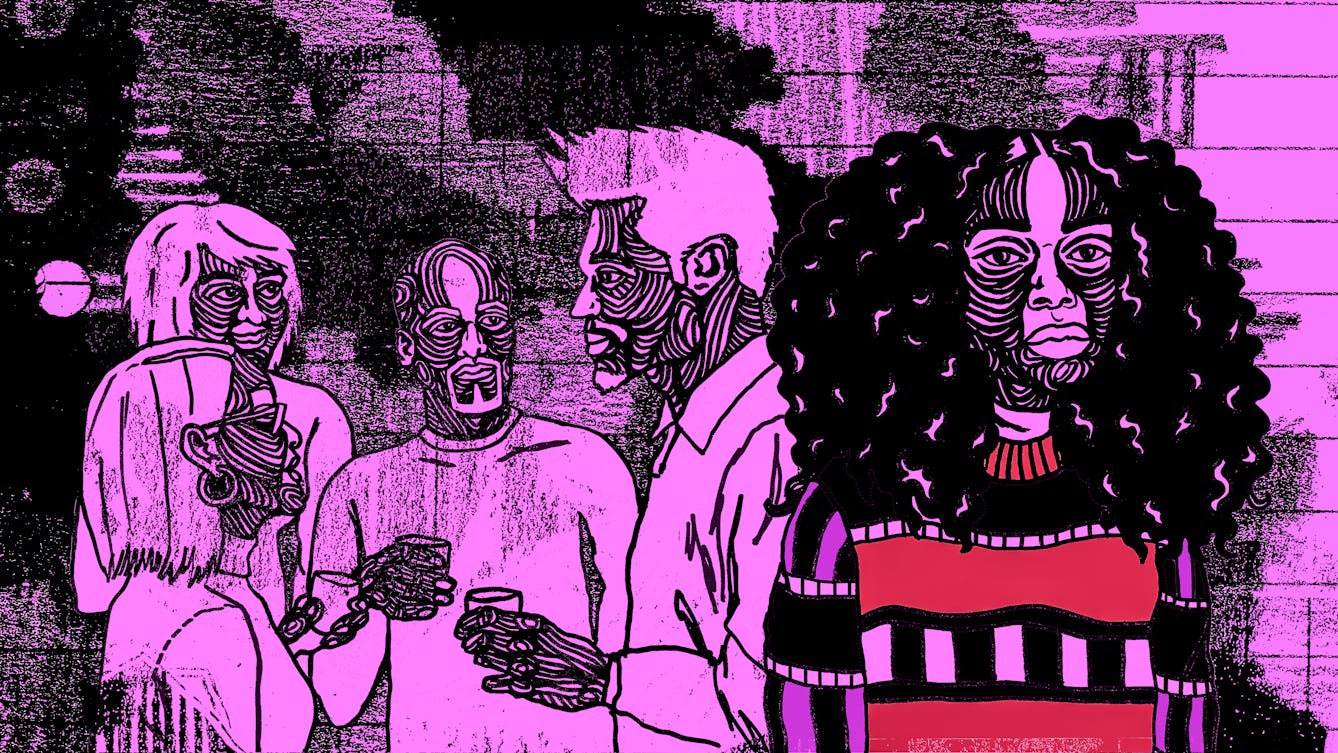
- Article
- Article
Building resilience in a racist world
With the resurgence of racism in today’s UK, Louisa Adjoa Parker reflects on the trauma of growing up in a racist society and explores how victims could begin to heal.

- Article
- Article
The child whose town rejected vaccines
Gloucester, 1896. Ethel Cromwell is taken ill at the height of Britain’s last great smallpox epidemic.
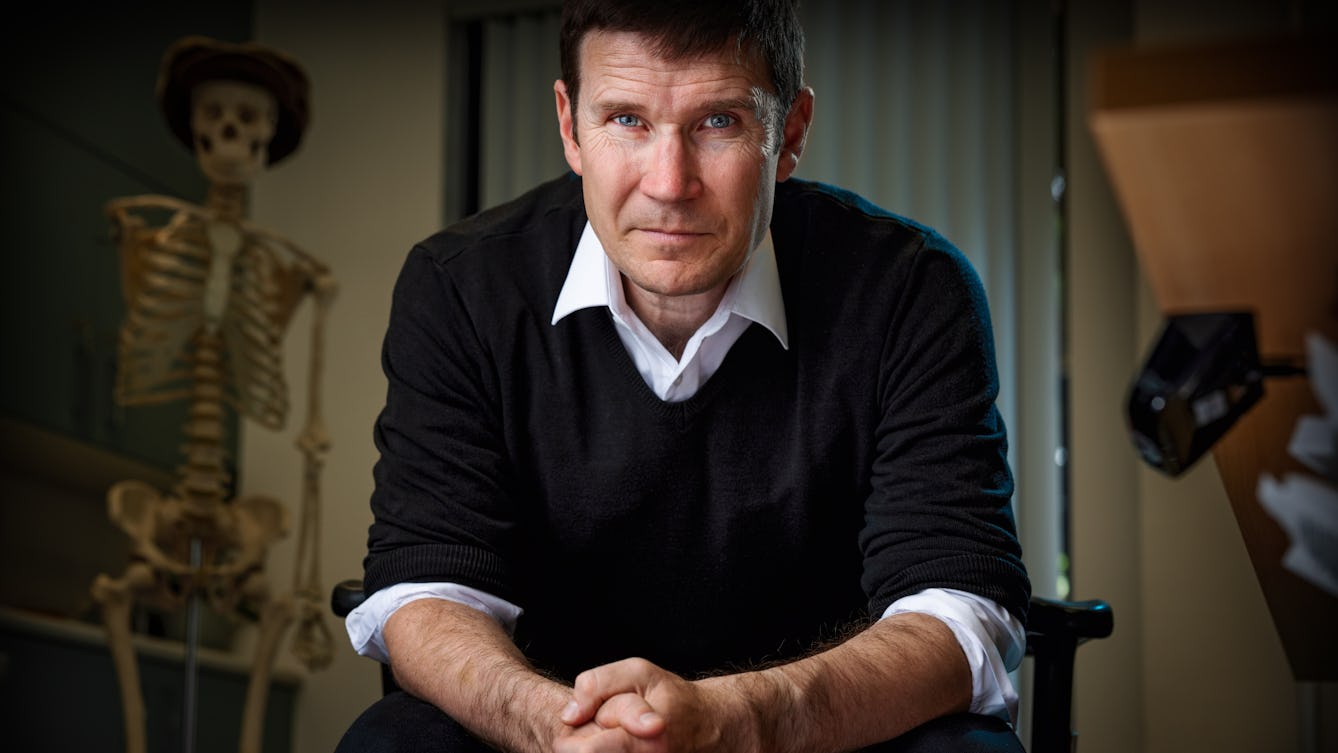
- Book extract
- Book extract
Why the NHS is worth saving
In this extract from his latest book, ‘Free For All’, Dr Gavin Francis poses challenging questions to be addressed if a health service that’s free for all at the point of use is to remain possible.
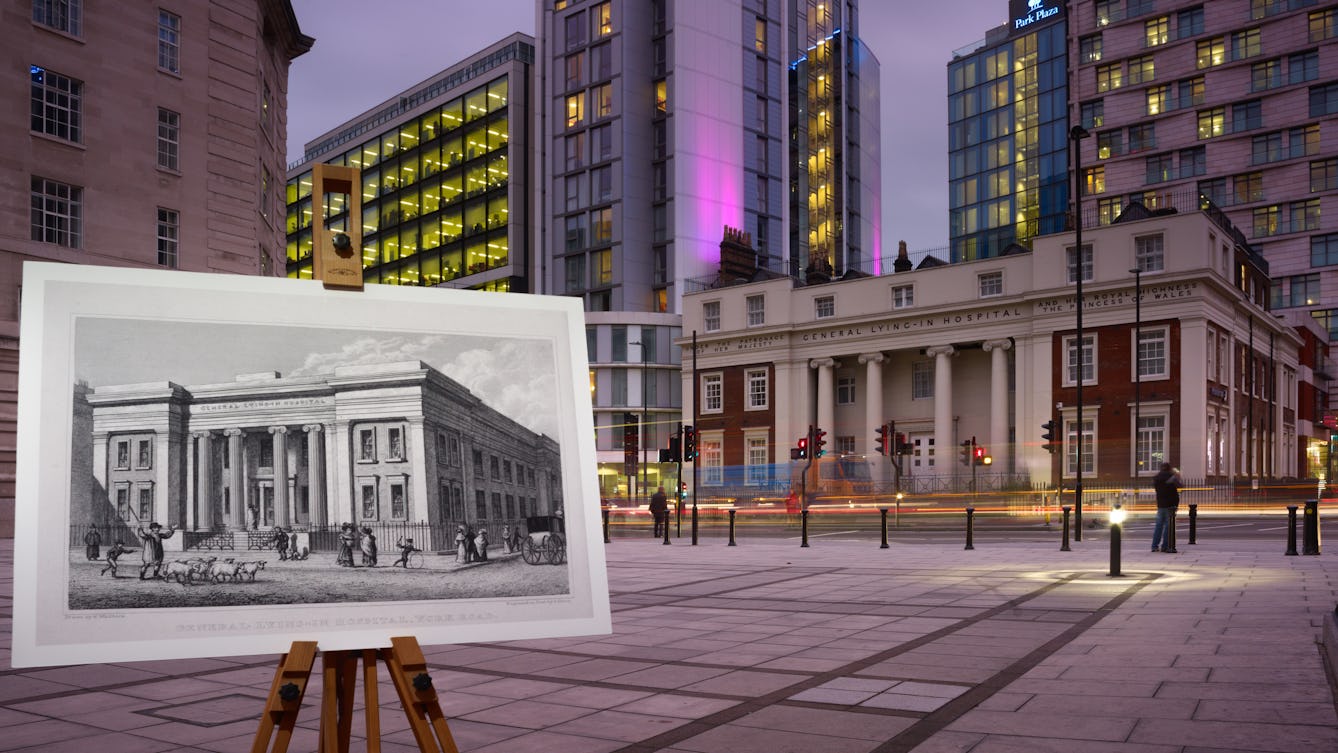
- Article
- Article
London, city of lost hospitals
Come on the trail of hundreds of ghost hospitals, whose remnants hold clues to medical treatments of the past.
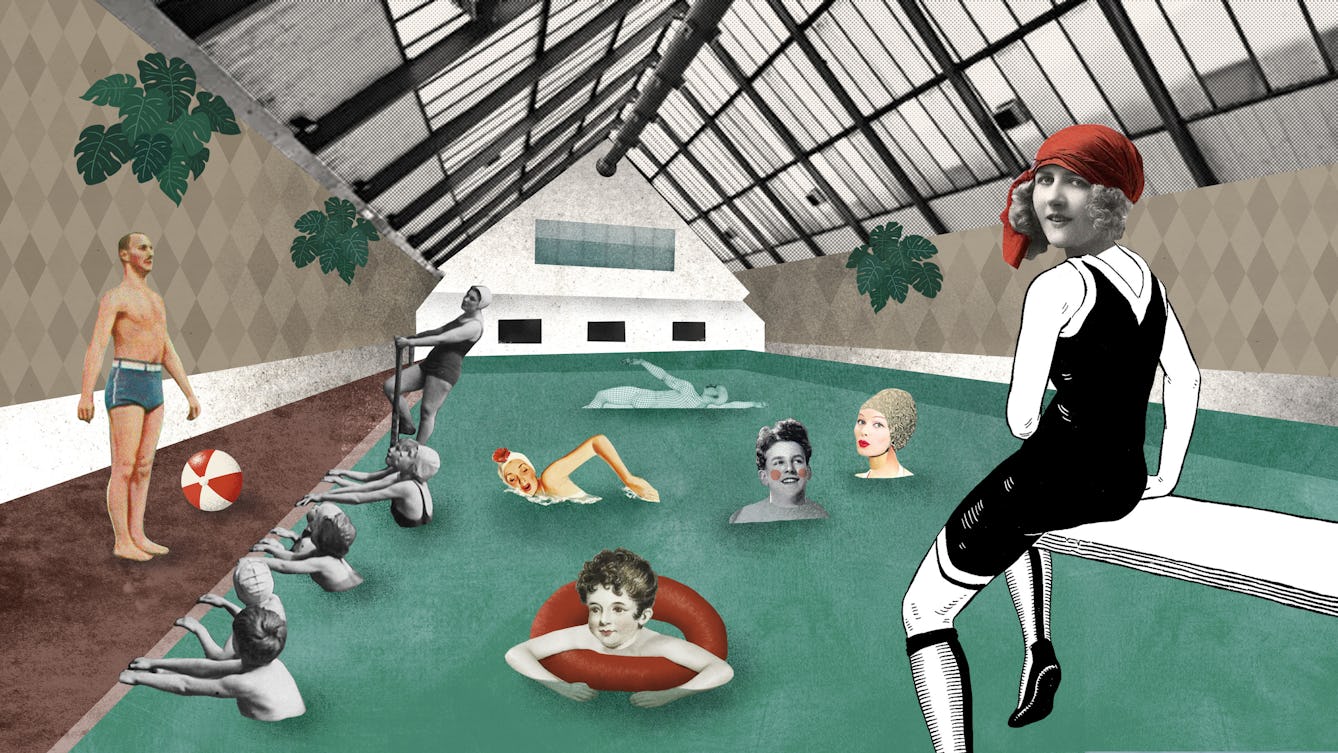
- Article
- Article
Two health centres, two ideologies
Two futuristic, light-filled buildings aimed to bring forward-looking healthcare to city dwellers. But the principles behind each were very different.

- Article
- Article
The psychological impact of nuclear war
How would you hold up psychologically if a nuclear bomb was dropped? Discover the British government’s secret predictions from the 1980s.

- Article
- Article
The birth of the public museum
The first public museums evolved from wealthy collectors’ cabinets of curiosities and were quickly recognised as useful vehicles for culture.

- Article
- Article
Dealing with the dead after a nuclear attack
Cold War-era predictions of death on a vast scale became routine. But the British authorities were less prepared to dispose of the bodies.

- Article
- Article
The Martians are coming
For over a hundred years, antagonistic alien invaders have been a popular focus for the imagined end of the world. But the destructive consequences of human behaviour is far more frightening.

- Article
- Article
The origins and meanings of pharmacy symbols
What have snakes, unicorns and crocodiles got to do with pharmacies? The history of these modern signs goes back to the Greek gods.
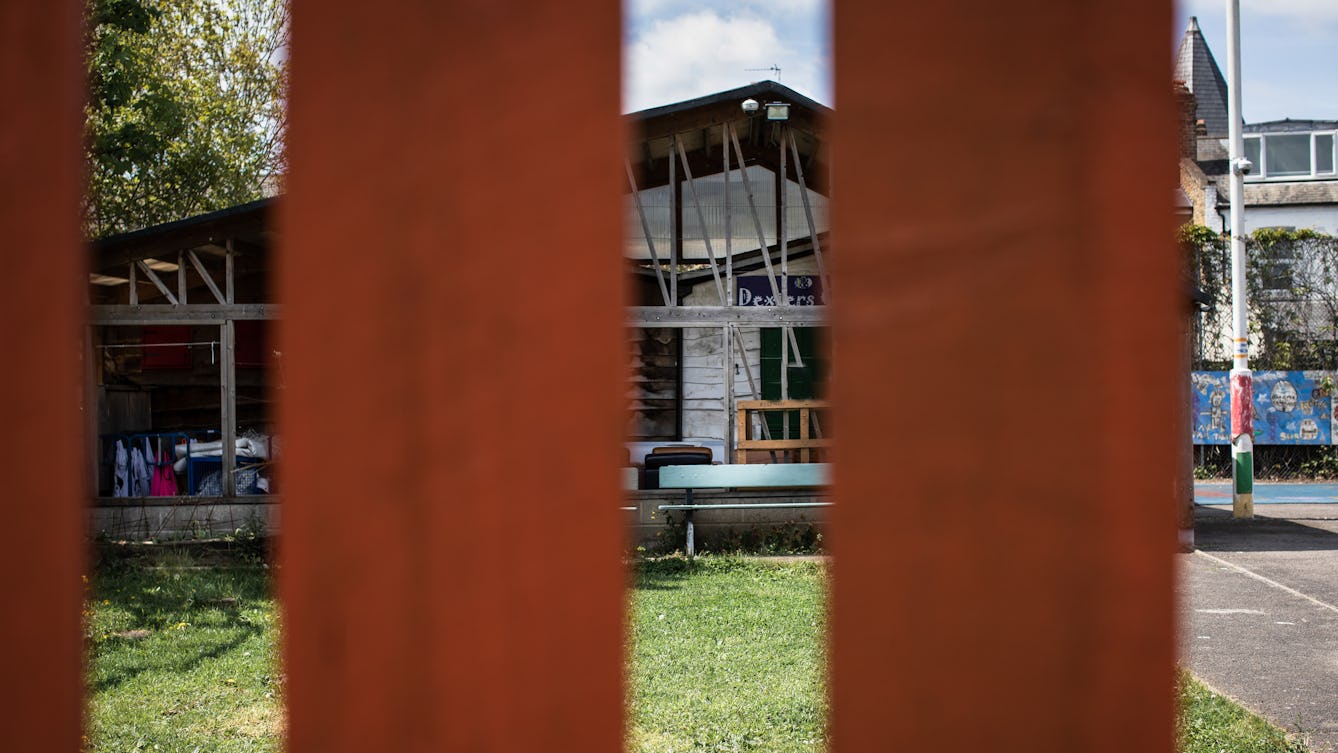
- Article
- Article
Parks and politics in Brixton’s past and present
Gentrification is creeping along Railton Road, but racial inequality still lingers in memories of the 1980s, and in the continuing lack of green-space access.
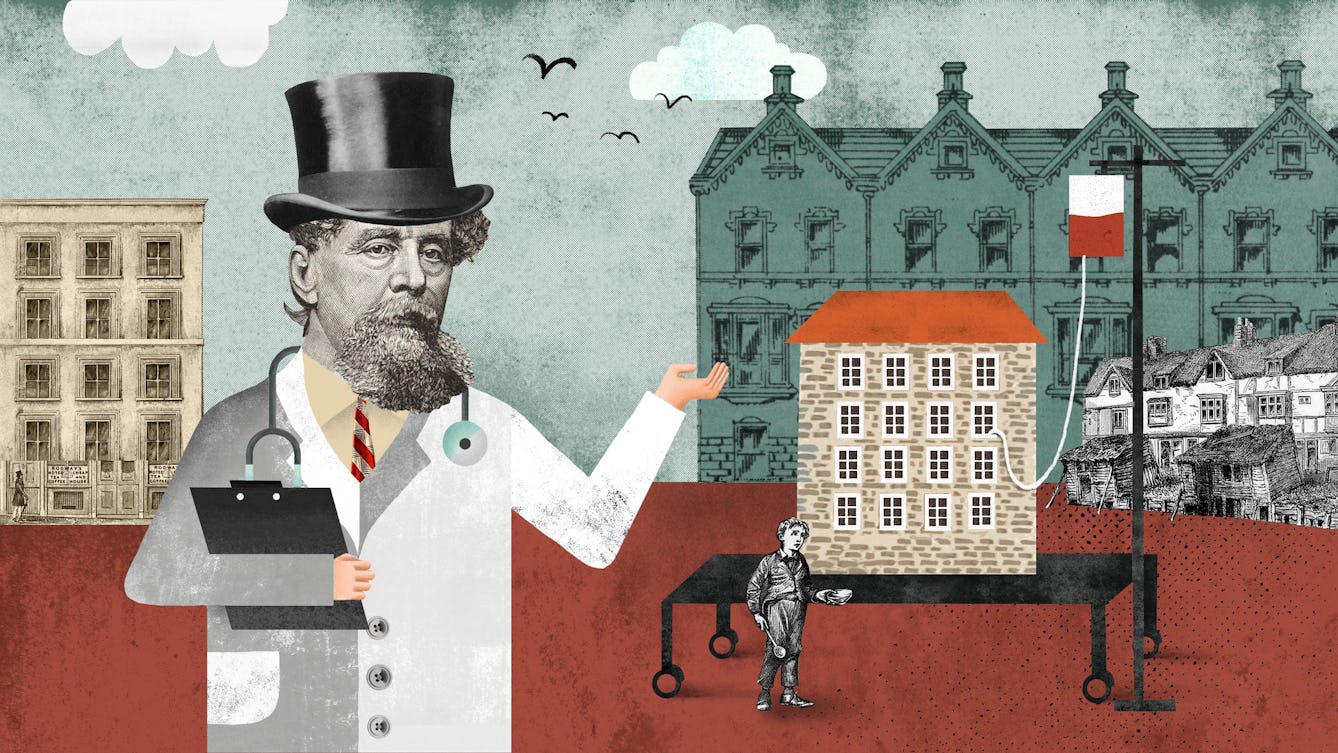
- Article
- Article
How slums make people sick
A newly gentrified corner of Bermondsey leaves little clue to its less salubrious history. But a few intrepid writers recorded the details of existence in one of London’s most squalid slums.

- Article
- Article
Designing death in the virtual city
Danger and death are fun when they’re virtual – and when they incorporate realistic elements. Now the tables are turned, as urban planners learn from game environments.

- Article
- Article
Eugenics and the welfare state
Indy Bhullar explores the ideas of William Beveridge and Richard Titmuss, who were strongly influenced by eugenic thinking, and yet championed the idea of the welfare state.

- Article
- Article
Living with less for spiritual gain
Today, a minimalist lifestyle is trumpeted as a route to happiness. Find out what religious ascetics from history and modern proponents of the spartan-looking home can teach us.

- Article
- Article
Disabled musicians and the fight to perform
Music might be the universal language, but unfortunately it doesn’t come with universal access. London-based artist Miss Jacqui discusses the barriers to her career with Jamie Hale.

- Article
- Article
Families fighting for justice
In 1962 a group of parents whose children had been affected by thalidomide began a decades-long battle in the law courts, the media and Parliament in order to win fair justice for all thalidomide survivors.
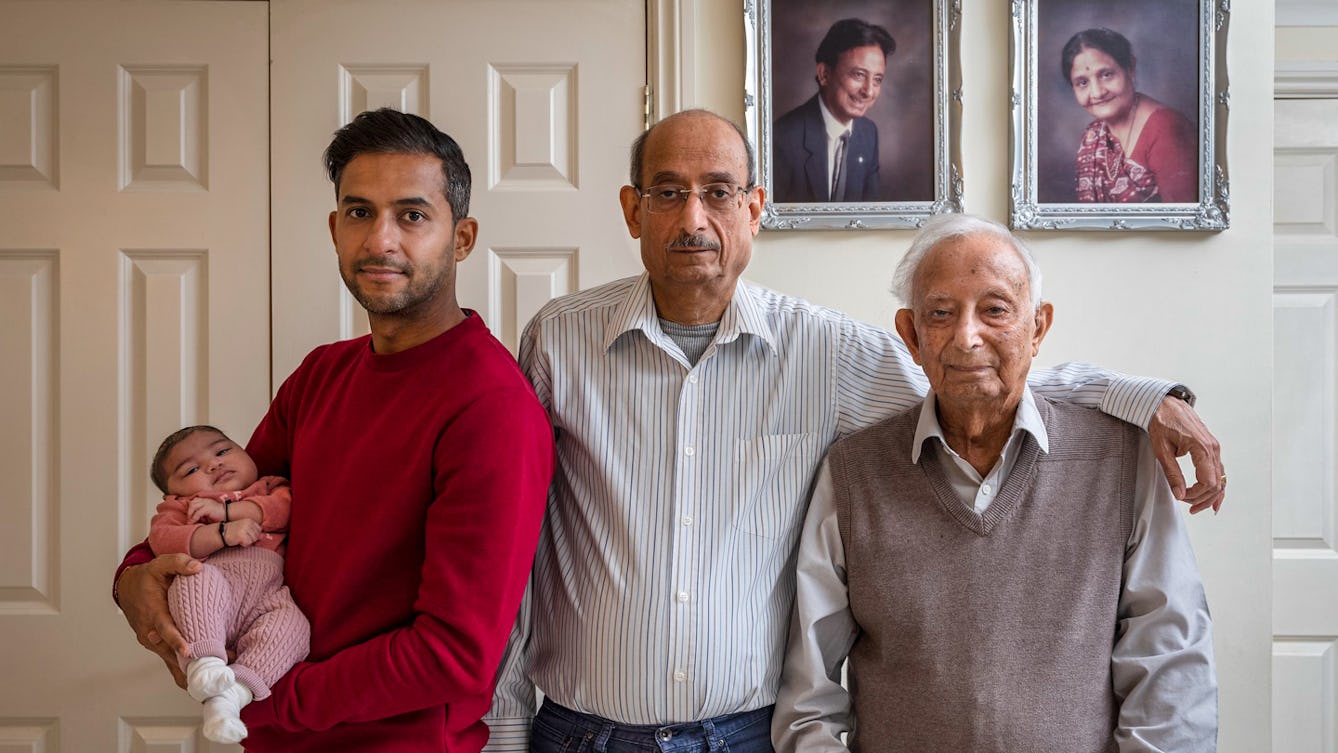
- Photo story
- Photo story
Generation portraits
Photographer Julian Germain’s major project focusing on portraits of multi-generational families came to a sudden halt during the various Covid-19 lockdowns. Here families celebrate coming together again in words and images.
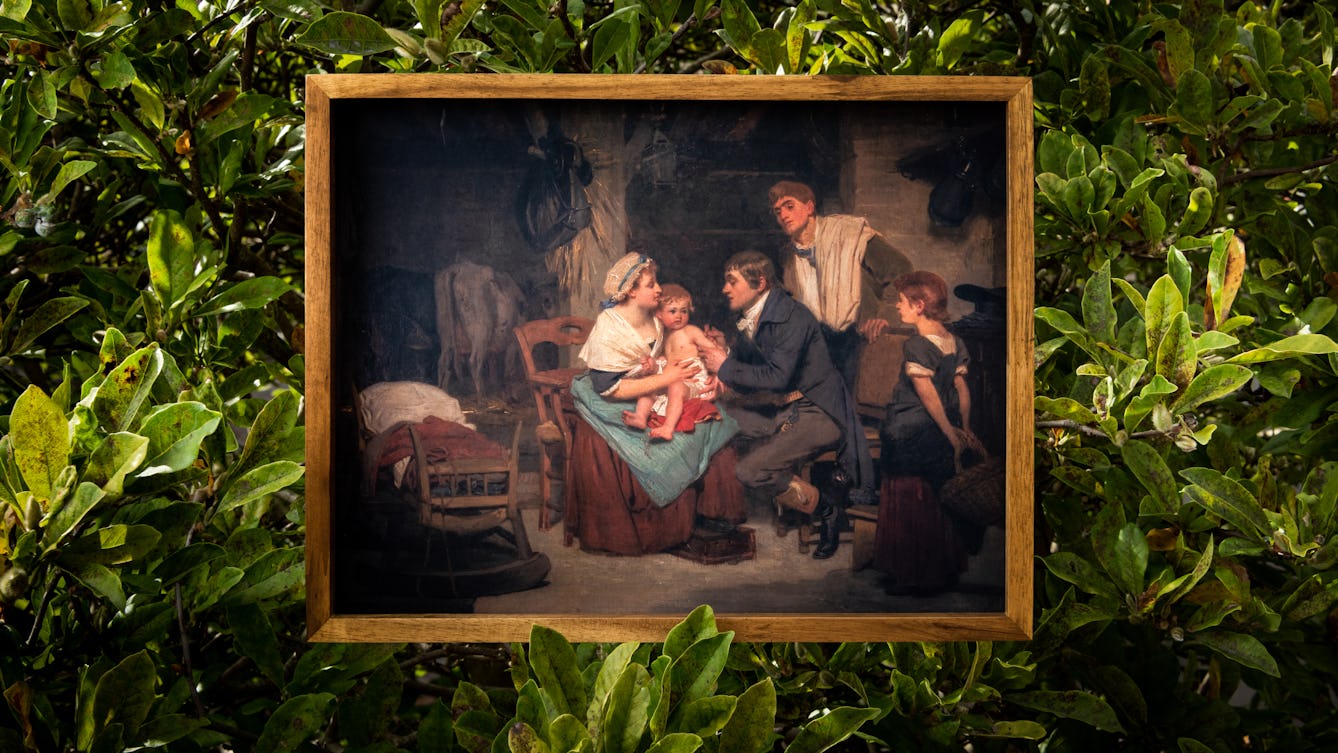
- Article
- Article
Cowpox, Covid-19 and Jenner’s vaccination legacy
The well-known story of vaccination pioneer Edward Jenner has at its heart his drive to make vaccines free of charge and available to all. Now his principles extend to the global campaign for a people’s patent-free vaccine for Covid-19.

- Article
- Article
How music opens the doors of memory and the mind
People living with dementia can often still listen, perform or move to music. What does this tell us about how memories are formed?

- Long read
- Long read
Healthy scepticism
Healthcare sceptics – like those opposed to Covid-19 vaccinations – often have serious, nuanced reasons for doubting medical authorities.

- Long read
- Long read
Rehab centres and the ‘cure’ for addiction
Guy Stagg takes us on a brief history of rehab centres and their approaches to addiction and recovery.

- Long read
- Long read
Primodos, paternalism and the fight to be heard
Journalist Florence Wildblood examines the case of Primodos – a conveniently quick but risky hormone pregnancy test that was prescribed in the 1960s and ’70s – and profiles two women at the story’s shocking heart.